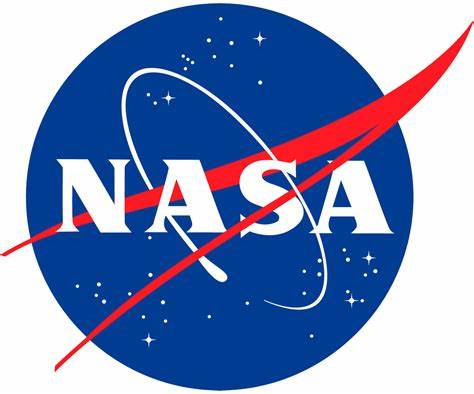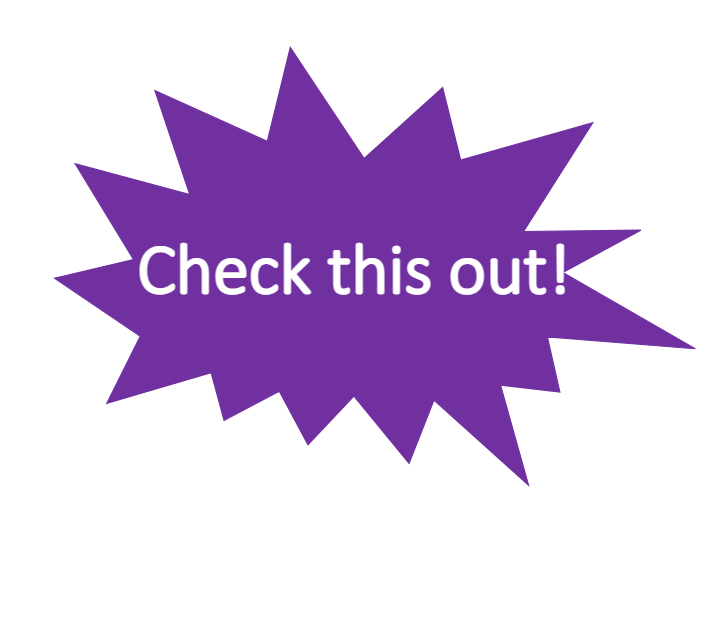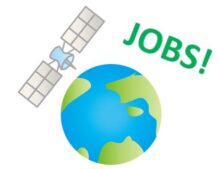Category: Post-doctoral Positions and Fellowships
Institution: African SKA Partner Country Institutions
Number of Positions Available: 12
Duration: Until 31st March 2027
Could the duration be extended? No
Work Arrangement: In-Person
Job Description
The Development in Africa with Radio Astronomy (DARA) project will fund up to 12 post-doctoral Fellowship positions in universities and institutions located in the SKA African Partner Countries (APCs). The APCs are Ghana, Kenya, Zambia, Namibia, Botswana, Madagascar, Mozambique and Mauritius. Research programmes in astrophysics relevant to radio astronomy will be prioritized, but complementary multi wavelength areas will also be considered. Projects that utilize machine learning (ML) or artificial intelligence (AI) approaches are also encouraged. Researchers from the Earth Observation (EO) and Space Science fields can also apply where they propose to use ML/AI techniques that have synergies with those useful for astrophysics and can contribute to a strong collaborative environment in data science.
Fellows will be supported by collaborators and mentors from the DARA team of academics and space sector industrial partners from the UK and South Africa. Fellows will become part of the emerging community of African researchers that will be in a strong position to utilize facilities on the African continent such as the Square Kilometre Array.
Fellows will also be encouraged to take part in the development and delivery of training programmes in Africa related to initiatives by DARA, SARAO and others. As part of SARAO’s Africa Programme, two-element training interferometer dishes of 3- 4 m diameter will be deployed in each APC as well as Transient Array Radio Telescopes (TARTs). There is potential for the 3-4 m dishes to also be used for the downlink of satellite EO data. The aim is to enable space sector hubs where radio astronomy, remote sensing, space AI applications and entrepreneurship can thrive. Candidates are expected to be committed to remaining in the APC long-term and the host institution is encouraged to offer a permanent position once the fellowship ends.
The DARA programme is funded by the UK’s International Science Partnerships Fund as part of Official Development Assistance (UK overseas aid). Hence, citizens from developing countries in Africa are particularly encouraged to apply. The programme is committed to promoting gender equality and therefore we actively encourage applications from female candidates.
Compensation and Benefits
Compensation Type: Salary
Included Benefits: The position comes with dedicated funds of up to £11,000 per year to cover the cost of travel for the postdoctoral fellow. This will include travel to conferences and visits to collaborators in the UK, South Africa or elsewhere in Africa. £5,000 will be available for a research workstation computer. A further £10,000 is available for a research grade GPU chip if required by the proposed research.
Compensation Notes: The exact salary level is to be agreed between the host institute and the DARA project and should be between a minimum for a typical junior lecturer at the host institution and a maximum that equates to a take home rate equivalent to the SARAO postdoctoral bursary rate of ZAR450,000 per year.
Application Details
Application Instructions The positions can start as soon as possible and are funded up to 31st March 2027. Later start dates will also be considered. Performance will be monitored by the DARA project every 6 months with continued funding to the project end dependant on satisfactory progress.
Applicants must have already obtained a PhD in Astrophysics, Space Science or Earth Observation, or be in a position to obtain one prior to their proposed start date.
The applicant needs to get the agreement of an institution based in an APC to host their Fellowship. Teaching and/or administrative duties must not take up more than 6 hours per week of the Fellow’s time. Both the applicant and the host institution need to fill out their respective applications forms available from the link below. The completed forms, together with a CV and a science case (maximum of 3 pages in 11pt font) from the applicant, need to be emailed as PDFs to the DARA Principal Investigator, Prof Melvin Hoare at m.g.hoare@leeds.ac.uk by the 21st July 2024. The applicant should name two referees and request that they send letters of recommendation to the same address by the deadline.
If you have any questions about the position or application procedure, or with issues in finding a suitable host institution, do not hesitate to write to Prof Melvin Hoare at m.g.hoare@leeds.ac.uk.





